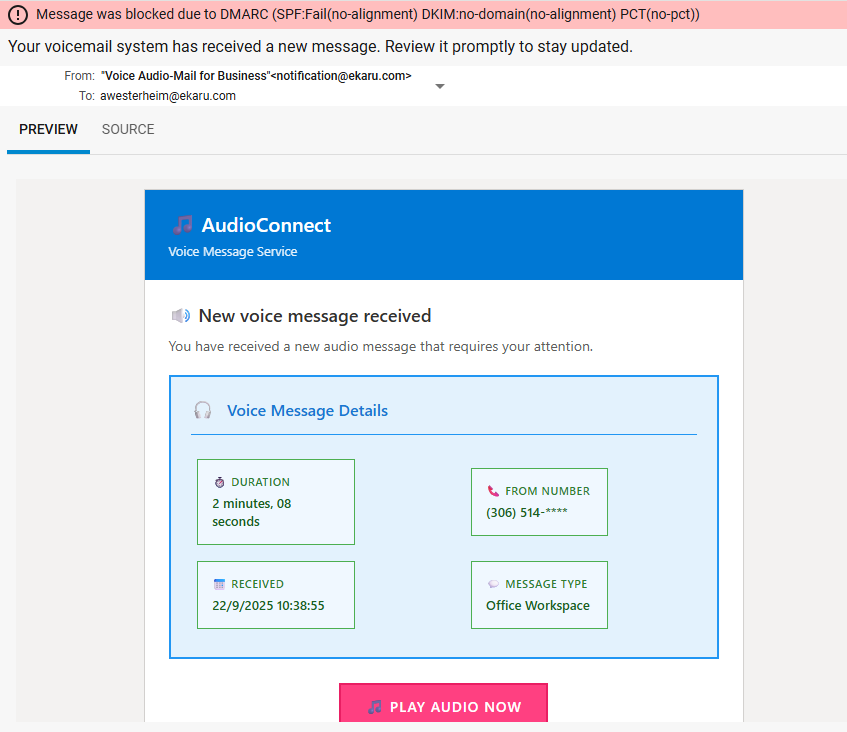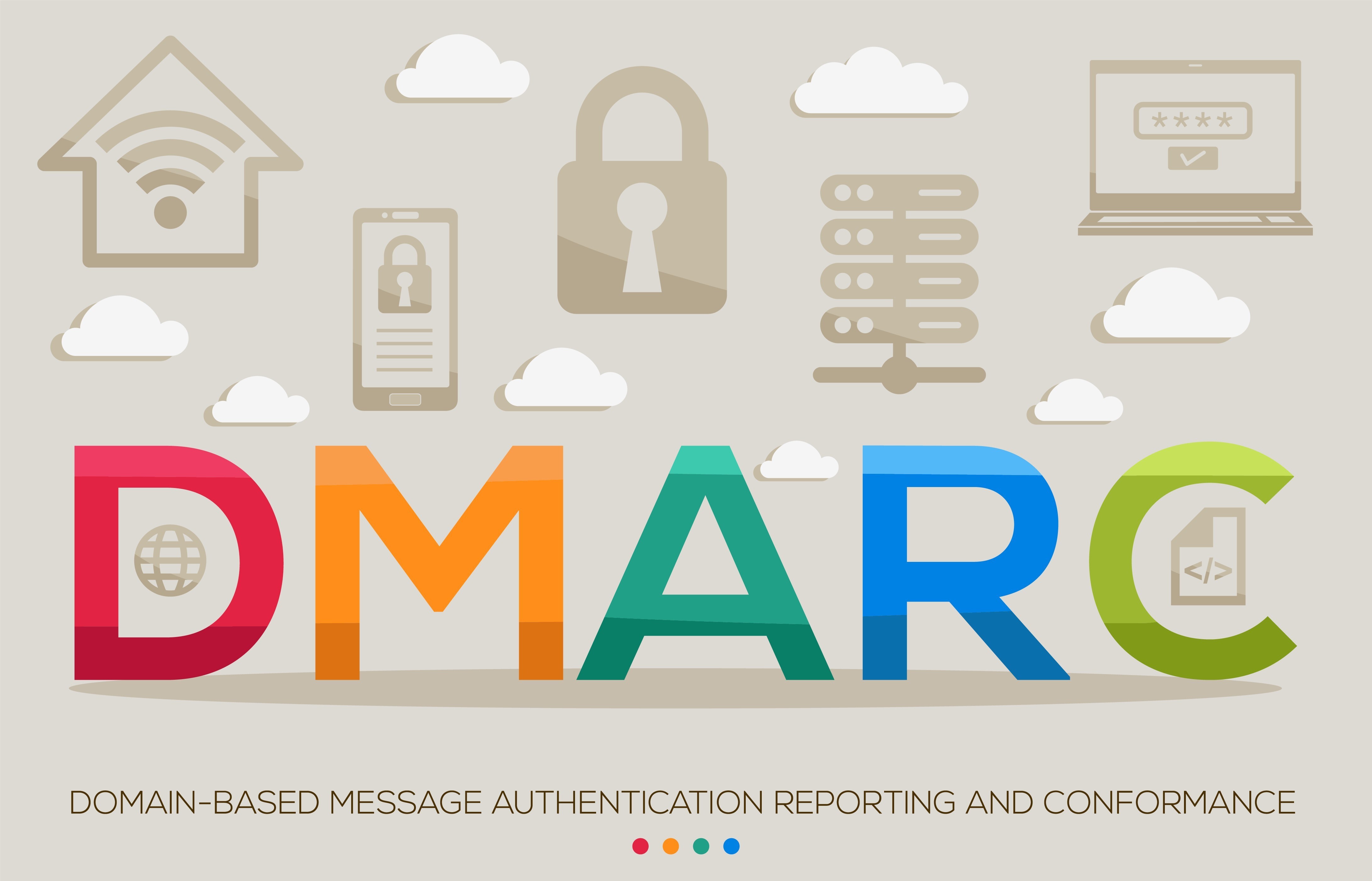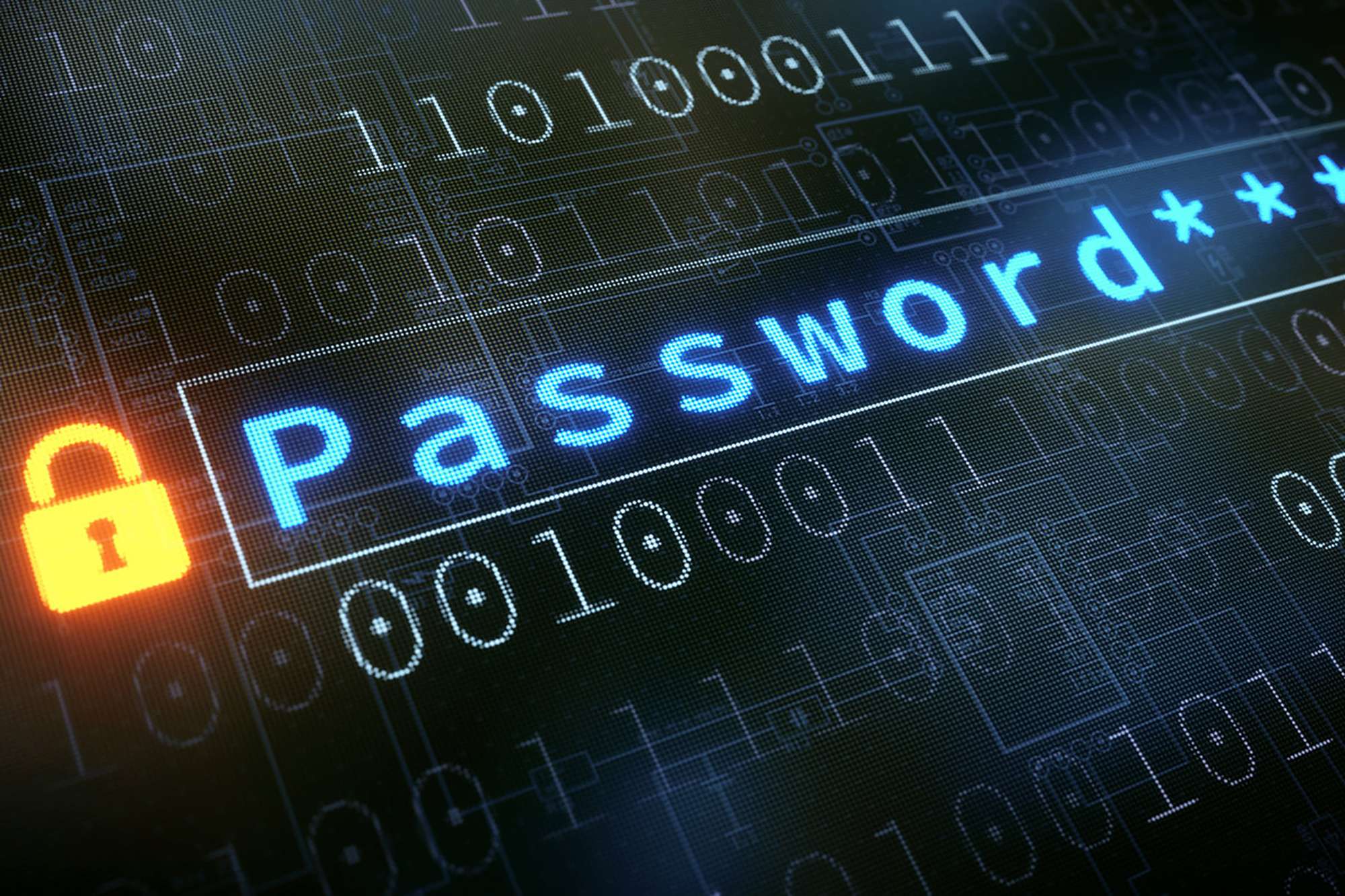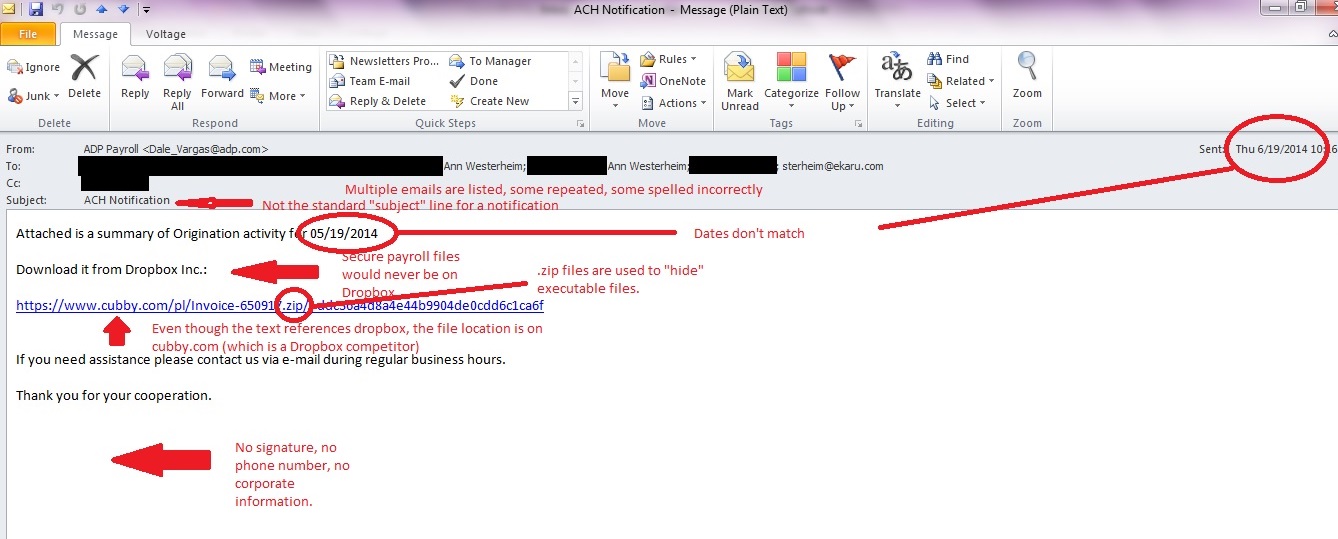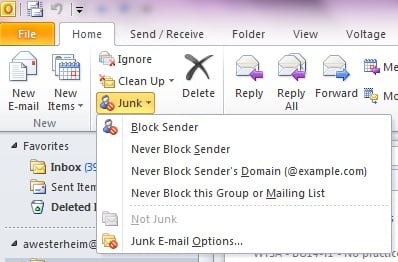This week, we received what looked like an official Request for Proposal (RFP) email from a local business we know. It was well-written, professional, and completely believable.
Read MoreTechnology Advisor Blog
What Really Happens When Your Email Gets Hacked (And How to Stop It)
Posted by Ann Westerheim on 10/17/25 4:08 PM
Tags: eMail, cybersecurity, hack
Why DMARC Matters: A Real-Life Voicemail Scam Example Every Business Should See
Posted by Ann Westerheim on 9/22/25 12:44 PM
Last week, I didn’t even see a suspicious voicemail notification in my inbox - and that’s the point! Our email security blocked it before it ever got to me. At first glance, the message looked pretty legitimate. It was well-formatted, had a sense of urgency - “Your voicemail system has received a new message. Review it promptly to stay updated”, and looked like something that could easily trick someone into clicking.
Read MoreTags: eMail, cybersecurity, DMARC, Cybersecurity Awareness Training
DMARC Gets Serious: Microsoft Enforces Stricter Email Rules
Posted by Ann Westerheim on 4/30/25 4:47 PM
Starting May 5, 2025, all businesses - regardless of size - must meet Microsoft’s stricter email authentication requirements when sending to Outlook, Hotmail, and Live addresses. These changes are designed to reduce spoofing and impersonation, aligning with similar updates from Google and Yahoo to improve overall email security.
Read MoreTags: eMail, SPF record, Cybersecurity, email scams, cybersecurity, DMARC
A few clients have asked us about recent notifications received from Network Solutions (and others): "Action Required: Notice Regarding Your Domain Name(s)". In this day and age, we recommend that all users stay alert when opening email, and we welcome questions about the legitimacy of received mail - better safe than sorry!
Read MoreTags: eMail, Internet, web site
Sending an email to more than just a few recipients? DON'T hit the send key before reading this....
Posted by Ann Westerheim on 4/16/18 3:54 PM
You need to send an important update or invitation to all your clients and you're ready to hit the "send" key. Don't!
Read MoreTags: eMail, email security
Modern technology enables us to accomplish so much, but when there's a disruption, we're reminded of our dependence, and it's painful! Last Thursday and Friday, many users were affected by delays in sending and receiving emails. The systems at Rackspace, one of the leading cloud providers in the world, became overloaded and disrupted services for many users, including a number of Ekaru clients.
Read MoreTags: eMail
Cybersecurity is a hot topic these days. We need "strong" passwords, we're not supposed to use the same pasword for multiple applications, and we need to change passwords on a regular basis. It's hard to remember all the passwords, and especially hard when you don't even know a password exists! Your email has a password, but its likely you don't remember it because you don't usually need it on a regular basis.
Read MoreIn our last post, we talked about suspicious emails that don't look so suspicious on the surface. Here is an example of an email to show you what to look for. In this case, a fake payroll report is being sent. A busy, distracted person may open this by mistake, or an opportunistic employee may try to open it to sneak a peek at confidential information. SLOW DOWN and check your mail carefully. Even with up to date antivirus protection and spam filtering, some emails CAN get through because they are engineered to get through. This can be a phishing email (trying to get confidential information) or a dangerous virus such as Cryptocker. Don't open the door!
Tags: Virus, eMail, cryptolocker, spam
We've all heard that we shouldn't open suspicious emails. They can be phishing scams (attempts to get personal information such as username, password, and account number), or contain viruses. The problem is, the "bad guys" know we're on the lookout, and the real danger lies in emails that are disguised to not look suspicious.
Tags: Virus, eMail, cryptolocker
Microsoft Outlook has a built in feature to process junk mail and send it to a "Junk" folder as a way to control Spam in your inbox. This is a great feature if you only read mail in one place, but for most users these days, mail is read on multiple platforms - smart phone, tablet, laptop, browser, etc. This is why we typically recommend filtering Spam in the "cloud" so the mail is filtered BEFORE it gets to your mailbox, and gets cleaned centrally before going to all your devices.
Tags: eMail, Microsoft Outlook, spam
.png)

